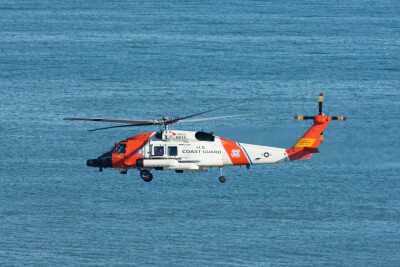Herring. They go by many names, but the ones you see jumping, pooling and schooling in the runs from Falmouth to Brewster — we have about 10 runs, including some just regular old rivers, strung along our sandbar — are starting to fill up with river herring.
Also known as alewives and blueback herring, they are stripers favorite meal.
But a total ban in taking them from Massachusetts waterways has been in effect since 2006. The original three-year ban has been twice extended as herring numbers are not bouncing back.
In the vast Skagerrak waterway formed between Norway, Sweden and Denmark, as well as in the larger North Sea, commercial herring fishing thrived since at least the 12th century. Herring were plentiful.
And the "new" world was just silly with them, in their vast, uncountable schools, they clogged rivers from the Potomac to the Androscoggin. It was the Wampanoag sharing their secret for corn fertility — planting a few dead herring at the base of a new corn hill — that increased crop yields and helped the Pilgrims through those first difficult years.
But like many fish, herring face a veritable Pandora's box of pressure. Habitat degradation, the damming of rivers, overfishing and pollution have cut their numbers drastically, by as much as 95 percent by some esitimates.
A chart of their commercial landings from the mid-1960s until today looks like Enron's stock price — just an uninterrupted free fall. The last herring cannery in the United States, up in Maine, shuttered operations in 2010.
What is still caught commercially is often ground into meal or used for oil. They draw about half a dollar a pound, frozen solid, for export overseas, mostly to developing countries.
Read the full story at the Cape Cod Times>>






